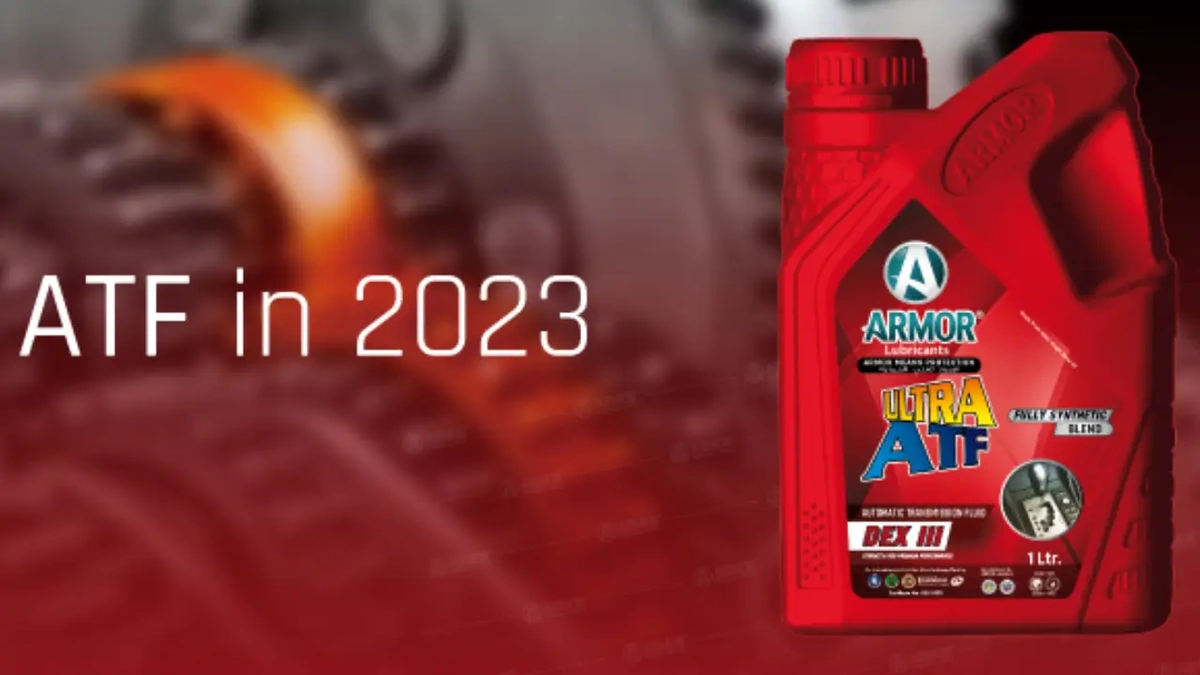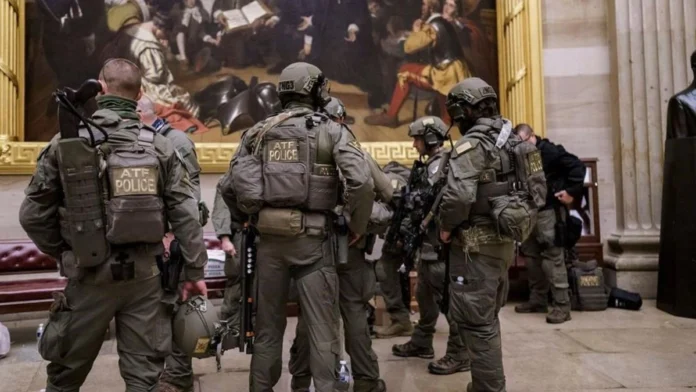The ATF. It sounds like a quirky band name, right? But it’s far more serious than that. We’re talking about the Bureau of Alcohol, Tobacco, Firearms and Explosives , a federal law enforcement agency with a HUGE job. So, what exactly does the ATF do, and why should you care? Let’s dive in, not just reporting the facts, but figuring out why they matter to you.
What Does the ATF Really Do? Beyond the Headlines

Most people associate the ATF with gun control, and while that’s part of it, it’s a lot more nuanced. Here’s the thing: The ATF’s primary mission is to enforce federal laws and regulations related to alcohol, tobacco, firearms, explosives, and arson. Think of them as the gatekeepers ensuring these potentially dangerous goods don’t fall into the wrong hands.
They investigate criminal organizations, regulate the firearms industry, and even provide training to other law enforcement agencies. It’s a broad mandate, and honestly, it’s one that sparks a lot of debate. As one example, they tackle firearms trafficking across state lines. So it’s not just about federal laws, but making sure states with strict gun control aren’t undermined by states with lax laws.
But, let’s be honest, what fascinates me is the ATF’s role in investigating arson. I mean, alcohol and firearms are…somewhat self-explanatory. But arson? That adds a whole other layer, doesn’t it? And that’s a critical mission. They are called in after a suspicious fire to determine if it was accidental or intentionally set. That can be anything from a disgruntled ex-employee to a criminal organization trying to cover its tracks.
Why Should You Care About the ATF? Here’s the ‘Why’
This isn’t just some abstract government agency. The ATF’s actions directly impact our lives, whether we realize it or not. A common question I get is: What is the ATF’s role in regulating the firearms industry? The answer is that they are responsible for licensing firearm dealers, conducting background checks, and ensuring that firearms are not sold to prohibited individuals.
For instance, tougher regulations on firearms could mean fewer guns on the streets, potentially reducing gun violence. Stricter enforcement of alcohol laws could lead to safer communities. Effective investigation of arson cases can prevent future tragedies and bring justice to victims. The work of the ATF directly impacts the safety of our communities and the integrity of our legal system.
By the way, did you know that the ATF also works with other federal agencies, such as the FBI and the DEA, to combat violent crime? According to the Department of Justice website , these partnerships are crucial for addressing complex criminal enterprises that operate across multiple jurisdictions.
Here’s the thing, the ATF’s influence reaches into every corner of American life. It’s not just about gun control; it’s about public safety, economic stability, and the rule of law. Federal law enforcement agency such as this affect how local law enforcement operate.
Navigating the ATF | How Their Regulations Affect You
Okay, so how do their regulations actually affect you? Let’s say you’re a small business owner looking to sell alcohol. You’ll need to navigate a maze of ATF regulations to get licensed. Or perhaps you’re a gun enthusiast who wants to purchase a firearm. You’ll be subject to a background check and waiting periods. The ATF plays a role in all these things. If you are an owner of a business or an individual with questions about compliance, the best thing you can do is review the guidelines on the official ATF website .
A common mistake I see people make is not understanding the specific requirements for their state. Federal laws are one thing, but state laws can be even stricter. Always double-check your local regulations to ensure you’re in full compliance.
But it’s not just about following the rules. It’s about understanding the why behind them. These regulations are in place to protect our communities and prevent dangerous goods from falling into the wrong hands. So, while it might seem like a hassle to jump through all the hoops, remember that it’s ultimately for the greater good.
Let me rephrase that for clarity: the layers of regulations, the background checks, the licenses and inspections–they are all there to keep you and your community safe. It is not just arbitrary red tape from the government.
Controversies and Criticisms | The Other Side of the Story
The ATF isn’t without its critics. Some argue that its regulations are too strict, infringing on Second Amendment rights. Others contend that it doesn’t do enough to combat gun violence. These are valid concerns, and they deserve to be heard.
The ATF has faced scrutiny over its tactics in certain investigations, and some of its regulations have been challenged in court. It’s a complex issue, and there are no easy answers.
By the way, it’s also worth noting that the ATF’s budget has been a topic of debate. Some argue that it needs more resources to effectively carry out its mission, while others believe that it’s already overfunded.
However, it is important to be aware of the ATF budget and what it can do for our communities. The amount that the ATF gets affects how much it can help state and local law enforcement when it comes to preventing gun violence .
But it is also crucial to maintain perspective. While it is important to have discourse about it, the alternative has been shown to have more danger.
Want to know more about ATF regulations ? Check out this additional article
The Future of the ATF | What’s Next?
What does the future hold for the ATF? That’s hard to say, but one thing’s for sure: its role will continue to be vital in the years to come. As technology evolves and new threats emerge, the ATF will need to adapt and innovate to stay ahead of the curve.
For example, the rise of 3D-printed firearms poses a new challenge for law enforcement. The ATF will need to develop strategies to combat this emerging threat and prevent these weapons from falling into the wrong hands. The 3d-printed firearms is a huge challenge for law enforcement across the country.
They are looking for new training to tackle this and the need for better tools.
As the debate over gun control continues, the ATF will likely find itself at the center of the storm. It will need to navigate these contentious issues carefully, balancing the rights of law-abiding citizens with the need to protect public safety.
And let’s not forget about the ongoing fight against violent crime. The ATF will need to work closely with other law enforcement agencies to disrupt criminal organizations and bring perpetrators to justice. The future of law enforcement is likely to see greater partnerships.
FAQ | Your Burning Questions About the ATF Answered
What if I want to report a suspected violation of federal firearms laws?
You can contact your local ATF office or submit a tip online through the ATF’s website.
Does the ATF only deal with federal laws, or do they enforce state laws as well?
The ATF primarily enforces federal laws, but they often work in partnership with state and local law enforcement agencies.
What kind of training do ATF agents receive?
ATF agents undergo rigorous training in firearms, explosives, and law enforcement techniques.
What’s the difference between the ATF and the FBI?
The ATF focuses on alcohol, tobacco, firearms, explosives, and arson, while the FBI has a broader mandate that includes counterterrorism, cybercrime, and other federal crimes.
How can I find out more about the ATF’s activities in my area?
You can visit the ATF’s website or contact your local ATF field office for more information.
You might also enjoy this article about Ruth Miller
In conclusion, the ATF is more than just an agency that handles alcohol, firearms, and explosives. The bureau of alcohol tobacco firearms and explosives works hard to keep our cities safe. They enforce federal laws, provide training, and work with state and local agencies to keep our cities safe.

